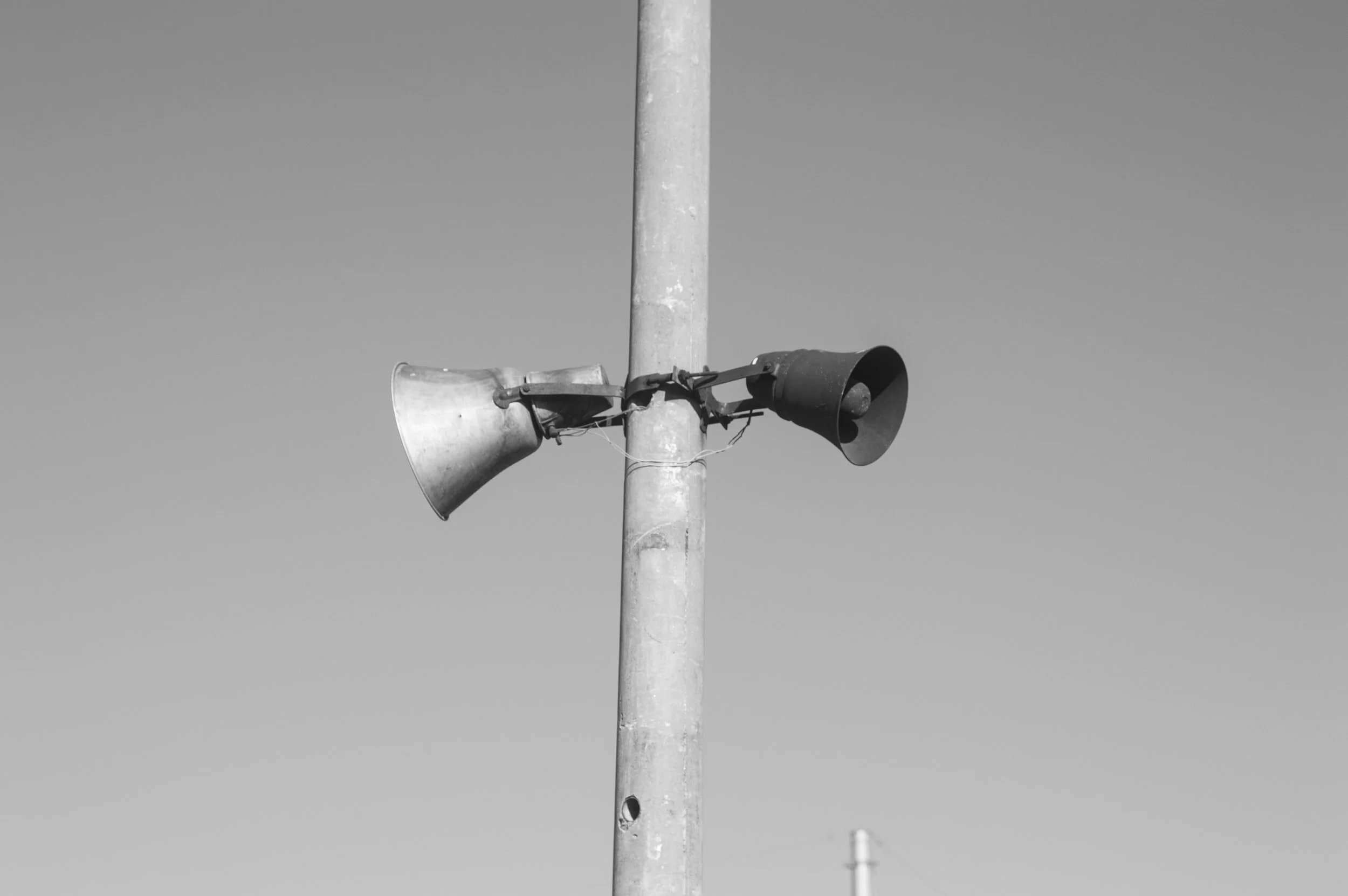A very long time ago, way back in 1967, the late and great American singer-songwriter, Roy Orbison (the “Big O”), released his twelfth music album “Cry Softly Lonely One”. One song off that album, “Communication Breakdown” became a bigger hit here in Australia than anywhere else in the world. (I don’t know if that says anything about Aussie culture at the time, or not). As a kid I used to listen to that song on my old valve radio (which I still have, and which still works!) as I tuned in to the nightly 3KZ John Bright request show. I heard that song again just the other day and it struck me that the way we are communicating as a society today is rapidly changing … and breaking down.
I’m not talking about the means of our communication here such as technologies and methods etc., but the actual language we are now using. Just recently several new words have emerged in the media and a lot of people don’t really know what they mean. There are words like “woke”, for example, which is used to describe the state of mind of “being properly aware”, especially of social problems such as racism and inequality (that’s basically it). But it is much more than that. Those who are “woke” are the ones who purport to know more than anyone else about these kinds of issues (they don’t actually). They’re experts, so they think. The use of this term “woke” is now used as a political correctness test to see if you are sufficiently aware in order to be “qualified” to comment in public forums on these issues. That is, sufficiently aware according to some predetermined political correctness agenda that is never published or agreed to by the rest of us.
In other words, language is being used to control the terms of conversation and public discourse so that people are herded in a particular direction. If you’re “woke” then you can acceptably engage. If you’re not – according to the unwritten woke political correctness rules – you’re a moron and we have the right to ignore you, alienate you or cancel you. And this your own fault for being so “unwoke”. That’s basically how it is going at the moment and, I am sure, this will change as we go along.
Another word we’ve heard a lot about this last week is, “intersectionality” – I kid you not. This one takes a bit more effort to get your head around. Basically, intersectionality is becoming a doctrine about the way in which different types of discrimination (i.e., the unfair treatment because of a person's sex, race, etc.) are linked – or intersect – with, and affect, each other. The theory of intersectionality, according one on-line source, highlights “the multiple avenues through which racial and gender oppression are experienced”, often all at once. There are more of these particular words and phrases that contribute to communication frustration and breakdown.
Language is a constantly evolving thing as we know. Some of this is necessary for describing new experiences or inventions, or to explain experiences we have not had before. Before we had refrigerators the word “refrigerator” didn’t exist. This is the natural development of language. But then there is the manipulation of language to advance some agenda or political cause or bring us to political correctness – the imposition of social values and rules on others. This is not a new thing – the dictator, Mussolini, used this during his rise to power in Italy before WW2. The result of this manipulation of late is communication breakdown. It is being used to control or divide us. People are struggling to understand what is going on in the world around them. They’re being bullied and harassed, and this presents new challenges for God’s people. How we communicate as God’s people, His kingdom agents, is more than ever crucial. Yes, of course, we need to use language, but let’s be very careful in the way we do that. The apostle Paul made the following comment to the Corinthians …
1 Corinthians 14:11
“If then I do not grasp the meaning of what someone is saying,
I am a foreigner to the speaker, and the speaker is a foreigner to me.”
So, what do we do today in such a world, as Christ’s ambassadors? Well, as I just mentioned, we use language carefully, in order to be understood and so that we don’t alienate others, as Paul points out, or what’s the point? The other thing that is just as important – maybe, more so – is how we are to others. What is our attitude? What is our heart towards others? How do we represent Christ? Does this show? Can others experience us beyond our words and use of language in a way that opens Gospel possibilities? In a world where language is constantly changing and being manipulated for all kinds of political reasons, our careful sensitivity is so very, very important because God is willing that none should perish. None! We cannot afford to lose a single opportunity to communicate the Good News; we cannot afford a single instance of communication breakdown in our mission.
Someone once said (and, for the record, no, it wasn’t St Francis of Assisi), “Go into all the world and preach the gospel and, when necessary, use words.” This should not imply that deeds are more important than words. That is a silly dichotomy, of course. No, we need both careful words, and loving, generous and gracious deeds as Christ’s ambassadors. And then, no matter who is butchering our language or seeking to control it, the Gospel message will be heard … and felt.
You are amazingly loved.
Ps Milton

